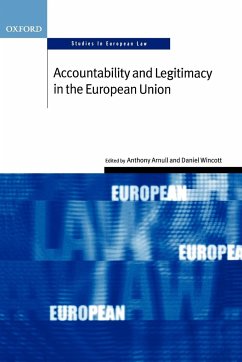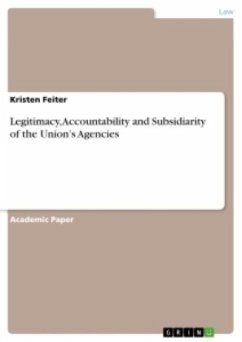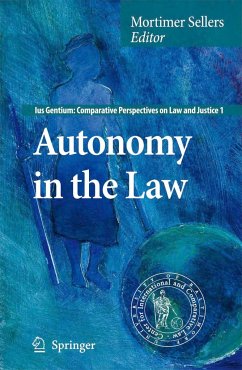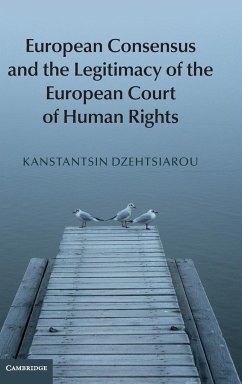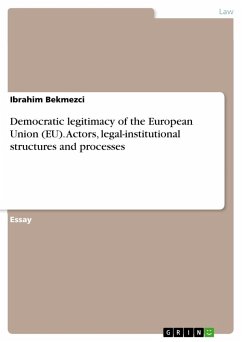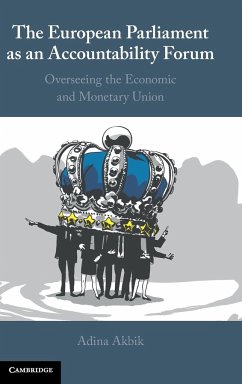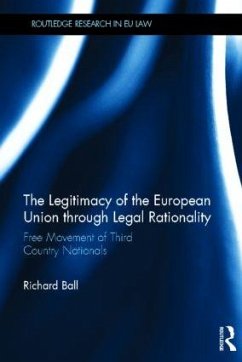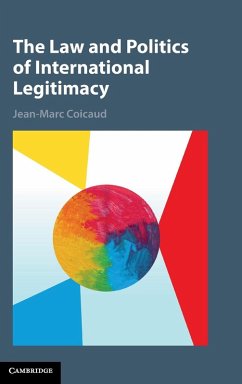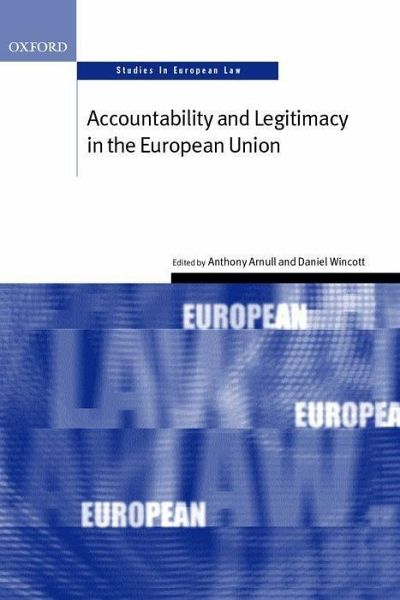
Accountability and Legitimacy in the European Union

PAYBACK Punkte
54 °P sammeln!
rule of law in the Union best be ensured? These are just some of the questions explored in this book. It will be of interest to anyone concerned with the future of Europe, from students and academics to policy-makers, and journalists
The European Union's growing accountability deficit threatens to undermine its legitimacy. This was acknowledged by the Member States at their summit in Nice in December 2001. Recognising the need to improve 'the democratic legitimacy and transparency of the Union and its institutions, in order to bring them closer to its citizens', they agreed to launch a debate on the Union's future. That debate will start to crystallise in 2004, when negotiations on a new set of Treaty changes will begin. The issue will therefore remain high on the political agenda for the foreseeable future. The contributors to this interdisciplinary collection of essays consider various aspects of accountability and legitimacy in the European Union. How open should the Union's decision-making be? What is the right balance between accountability and efficiency? Does the Union now need a formal constitution? How can respect for democracy, fundamental rights and the rule of law in the Union best be ensured? These are just some of the questions explored in this book.





